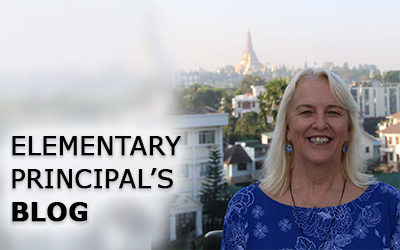Learning About & Learning From

November 12, 2021
When I was an elementary school student, Social Studies was my favorite subject. I particularly liked history. When I was in elementary school in New Zealand, history was basically European (mainly English) history with a small dose of indigenous Maori history. I remember learning about other countries was during the Olympics when we all got assigned a different country. I know I also learned about Ancient Egypt but that might have been from a book that I read at home.
The curriculum at that time in New Zealand would have presumably set this narrow focus for teachers and this would have been narrowed further by the limited resources and knowledge that the teachers had access to. Now it seems that the New Zealand curriculum is a lot more inclusive of different cultures and histories. The advent of the internet and more specifically Google has resourced this shift to a more inclusive social studies curriculum.
But having access to so much knowledge presents its own challenges when developing an inclusive social studies curriculum. Having the resources to learn about every country and culture in the world does not make it possible. Time is limited and we still need to make decisions about which countries and cultures we should learn about.
As a new international school teacher, I found these decisions very difficult to make. I might have had 10-15 different cultures and nationalities in my class and I knew that I did not have the time to do justice to all of their histories. Ancient Egypt is very interesting but, beyond the enjoyment of it, how does learning about its history really benefit the students of other cultures and nationalities living in the 21st century?
A teaching colleague pointed out that it might be correct that learning all about Ancient Egypt is not of much benefit. He told me to shift the focus from what we can learn about Ancient Egypt to what we can learn from Ancient Egypt. This was simple advice from him but a revelation to me!
To learn from something we need to connect it to something else. We also need to know about that something to begin with so I still taught interesting and important Ancient Egypt facts. My students enjoyed these mini-lessons just as I did when I was their age – young children love new knowledge. But as soon as I shifted my focus to seeing what we can learn from Ancient Egypt, I was able to guide my class to connecting what they had learned about Ancient Egypt to their own cultures and histories or even to what was happening that week in the news or to the plot of their favorite cartoon or book. Every lesson needs to start somewhere but it does not need to end there. By using one culture or history as a starting point, I learned that a lesson can still be inclusive of all of the cultures and histories in my class.
A mini-lesson on the Great Sphinx of Giza might develop into small groups of students researching the meaning behind monuments in their own cultures and sharing that research with others. Making these connections not only strengthens their knowledge of Ancient Egypt, it allows them to apply that knowledge to better understand their own cultures and histories. It also allows students to develop an understanding of big global concepts like community, change, justice, government or sustainability. The students can then take these conceptual understandings and apply them when they need to make sense of what happens in the future. And they will always have Google (or probably something better) to remind them of when the Sphinx was built!

Tasaungdaing
On the 17th, 18th and 19th November (Wednesday to Friday this coming week) there will be no school for students as we celebrate the Tasaungdine Holidays.
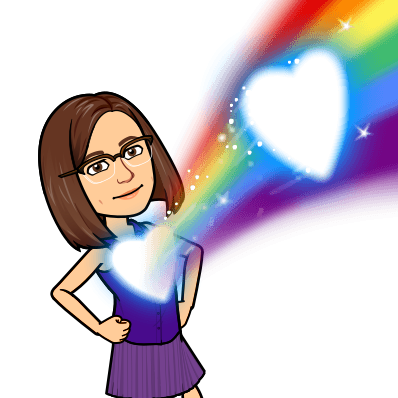
COUNSELOR’S CORNER with Ms. Patty:
Life Skills’ Focus on Digital Citizenship
As you may know, ISY uses an interdisciplinary approach to learning. All disciplines support central themes from their unique perspective. This not only deepens a student’s understanding, it provides many perspectives into a central theme.
This quarter, Life Skills will support Grades 2-5 themes, which focus on harmony within an environment and cooperating within groups, by focusing on digital citizenship. Digital citizenship is the ability to engage positively, critically and competently in the digital environment. Digital citizenship includes a wide range of topics but all seek to help students become safe, responsible, confident users of technology.
In the coming weeks, Life Skills will use the award winning resources from Common Sense Media. Topics to be discussed include:
- Media Balance and Wellbeing
- Privacy & Security
- Relationships & Communication
- Digital Footprint & Identity
- Cyberbullying (will be addressed in Life Skill’s annual Personal Safety Unit)
Common Sense Media is a wonderful resource for not only teachers but also parents. Parents can access educational resources to help support and keep your child safe online, reviews of games, movies and other media sources and research based advice to help navigate the digital world with your family.
If you have any questions about the specific topics to be discussed, please feel free to reach out to me, Ms. Patty at escounselor@isyedu.org anytime. I am happy to help.
Patty Amundson-Geisel
Pre-K to Grade 6 Counselor
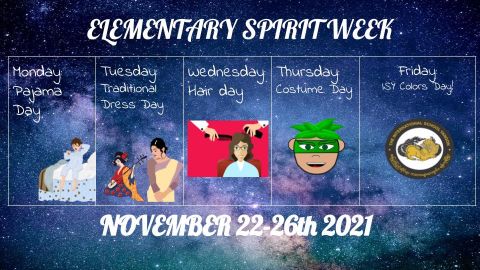
Elementary School Spirit Week
November 22 – 26
Internet Issues
Offline Learning Activities
Every Friday, your child’s homeroom teacher will email you a PDF of offline learning activities that your child will be able to do if they lose access to the internet.
Please only use these plans if your child is unable to access the internet. If you have the internet, your child will be able to attend online classes as usual.
To make sure the offline learning activities stay connected to what is happening in class, our teachers will review and, if necessary, update the offline learning activities each week. Please download the PDF document attached to the email as soon as you receive it on Friday. The email will also have a link to this instructional video:
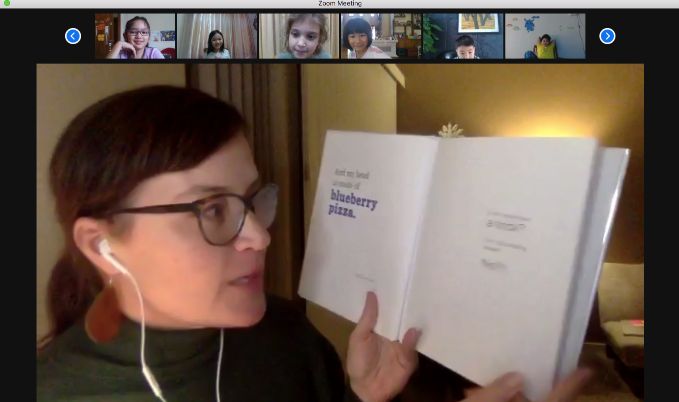
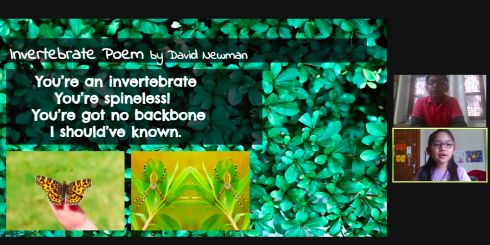
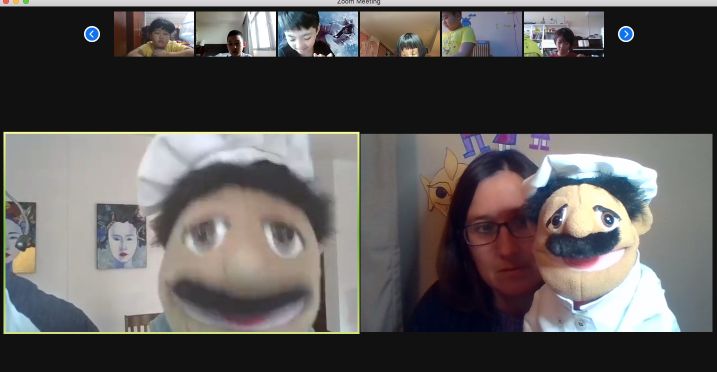
Wednesday Assembly
Our Wednesday Assemblies are proving popular with the students. Assemblies always start with a shared book read by one of our teachers. Then it is the turn of our students to share what they have been learning before. We finish with a game or fun activity.
This week is was Ms. Kristi’s turn to read to us. Grade 3 shared their plant and animal studies with a fun quiz. Finally, we had a visit from Mr. Stache and his brother Mus. Mr. Stache is known to the students and this was our first time meeting Mus.
Elementary School Blog – February 23rd, 2024
Read the blog this week and find our more about what is happening in the Elementary School.
Elementary School Blog – February 16th, 2024
Read the blog this week and find our more about what is happening in the Elementary School.
Elementary School Blog – February 9th, 2024
Read the blog this week and find our more about what is happening in the Elementary School.
Elementary School Blog – February 2nd, 2024
Read the blog this week and find our more about what is happening in the Elementary School.
Elementary School Blog – January 26th, 2024
Read the blog this week and find our more about what is happening in the Elementary School.
Elementary School Blog – January 19th, 2024
Read the blog this week and find our more about what is happening in the Elementary School.
The International School Yangon
20 Shwe Taungyar Street
Bahan Township
Yangon, Myanmar
+95 (0) 9 880 441 040

